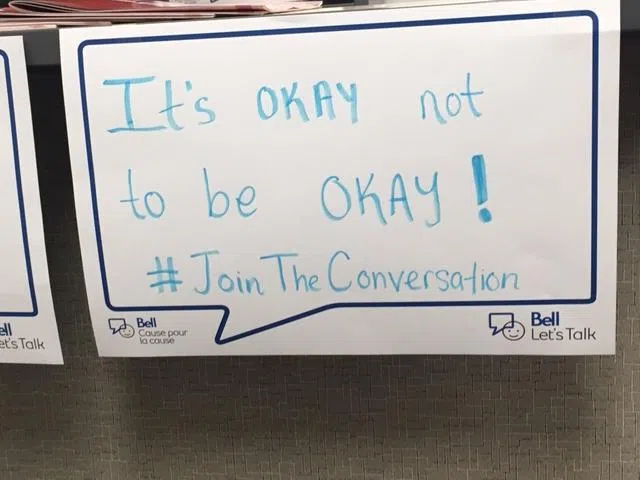When an athlete gets a physical injury, there is often a team of doctors, trainers and physiotherapists employed to ensure a speedy recovery. However, when an athlete experiences a mental health issue, the treatment process is often not quite as similar. Mental illness among athletes is often overlooked and they may be left with feelings of loneliness and abandonment, unsure of where to turn. People may just assume that mental health issues in athletes are rare, as they are often perceived to be physically well individuals. This gives the perception that they are immune to such problems, but that certainly is not the case.
Athletes don’t often seek help when they need it because they may fear the loss of their role model status. Nicole Carriere is the sports information officer and assistant basketball coach at Fanshawe college. She explains why athletes sometimes don’t seek help when they need it.
“It depends on the person, some people are more willing to get help than others. There may not be the support available which is why we try to provide as much help as we can to our athletes.”
On January 3oth, Canada will be celebrating Bell Lets Talk day to help those speak up about their problems and join the conversation on mental health. Healthcare proffessionals always encourage people to discuss their problems in order to have a healthy mindset. Athletes may be vulnerable to developing mental health issues for a number of reasons. The stress and pressures of competing on a daily basis may leave the athlete with the potential to develop feelings of depression or anxiety. The constant pressure to be better than everyone else will always be at the back of their mind.
Now that #BellLetsTalk day is coming up, it’s important for students to know that they aren’t alone. There’s always someone to talk to. Check out https://t.co/OYtDyQUQng
— XFM News – 106.9 The X (@XFMNews) January 25, 2019
Ava Grant is studying pshychology at guelph university. She has also played rep soccer throughout high school and has had her own experience with mental health issues. Grant tells us the most common types of mental health disorders athletes may develop.
“Definitely anxiety and depression are the common types of mental health issues that I see. When an athlete get hurts and is out of the game for a long period of time, it can easily put a damper on their mood. This is when the depression can start to kick in. Athletes tend to be anxious competing against other teams as well as their own teammates, especially when there are scouts watching. It can be very stressful.”
Hiding these feelings won’t help any athlete in the long run and could lead to serious consequences. Athletes shouldn’t feel the need to mask the problem, instead they should face it. The idea that seeking help for mental health problems makes the athlete appear ‘weak’ needs to be addressed from both a general media perspective and from the perspective of the athlete themselves. Coaches, parents and fans should support these professionals instead of wearing them down.
Fortunately, mental health has been addressed much more frequently than it has been in the past. There are many organizations and people who believe in the power of education to eliminate stigma, increase wellbeing, and encourage help-seeking.





